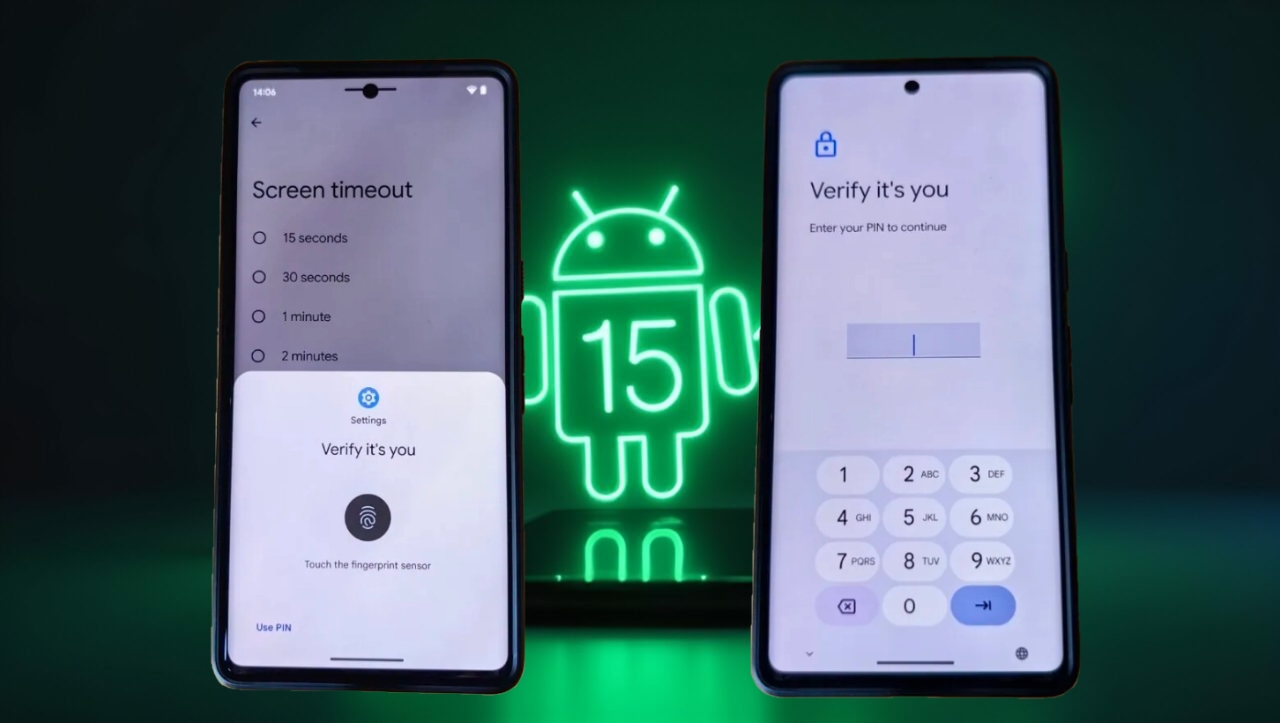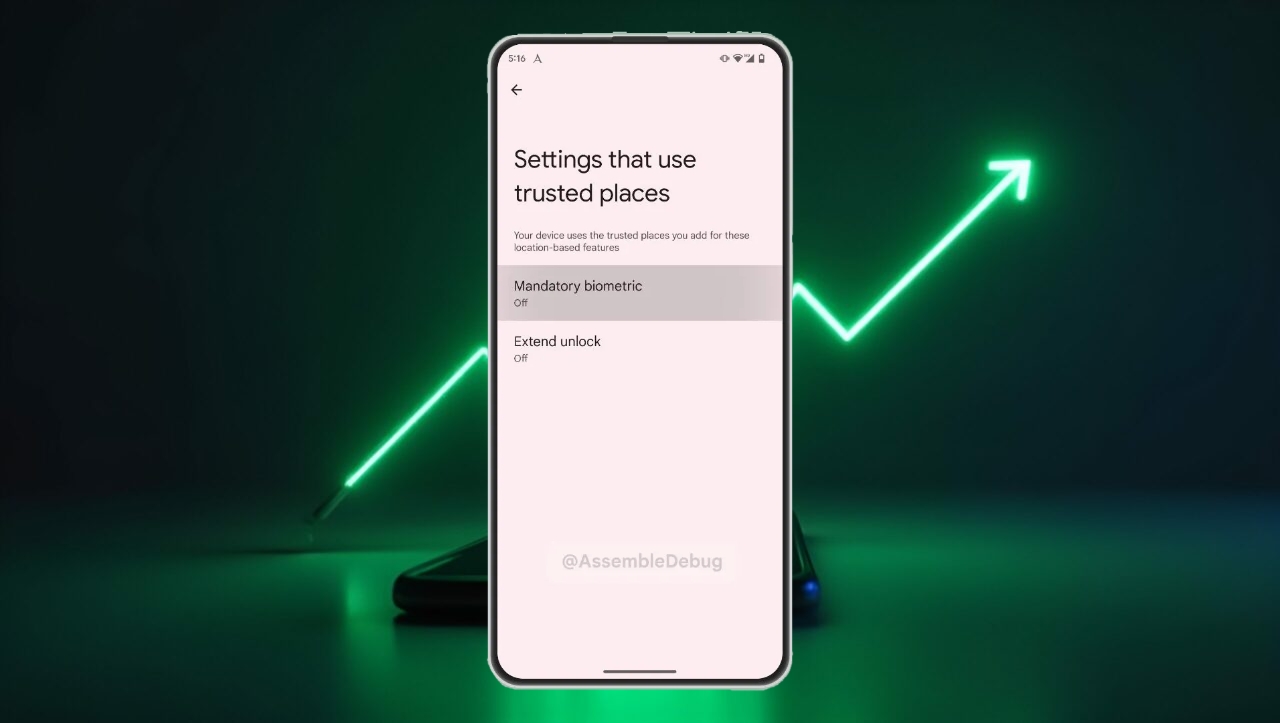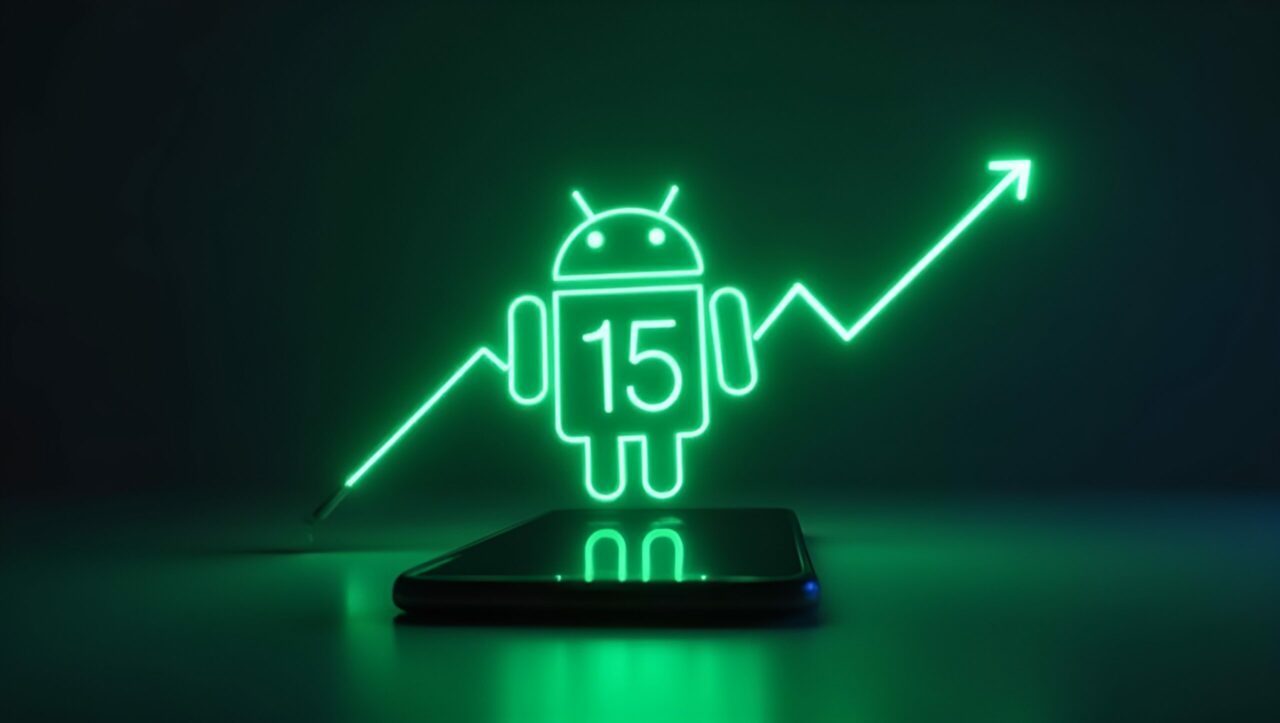Google has made significant progress in security with the new Android 15. It will no longer be enough to just unlock your phone. An additional biometric verification will be required to access some applications. In other words, someone who steals your phone will not be able to access certain applications even if they decipher your lock screen password. Here are the details…
Security level increases with Android 15: Biometric protection will be required even after the lock screen
First of all, the new feature will be provided by the “ mandatory biometric protection ” found in Android 15. Thanks to this function, access to applications will be provided only with biometric methods such as fingerprint or facial recognition instead of PIN or password. That is, even after unlocking the phone, you will have to pass this extra layer of security in certain applications. This will provide a secure solution, especially for banking, health applications and applications that contain personal data.

In fact, Google’s approach is similar to Apple’s “ stolen device protection ” features. If malicious people manage to unlock your phone, they will still not be able to access sensitive information. This is a significant advantage for protecting your information in the worst-case scenario, such as theft of your phone.
In addition, another innovation that comes with Android 15 is the features developed for trusted locations. If your phone is in a certain safe place (for example, at home), the device can automatically unlock. However, it can still request biometric verification to access applications. In other words, even when your device is at home, the biometric security layer will continue to access important applications.

In summary, we are entering an era where phones are no longer protected by just the lock screen. Now, you can protect your personal information much better with app-based biometric security.
What do you think about this? Are these security measures sufficient? You can write your opinions in the comments section below.













